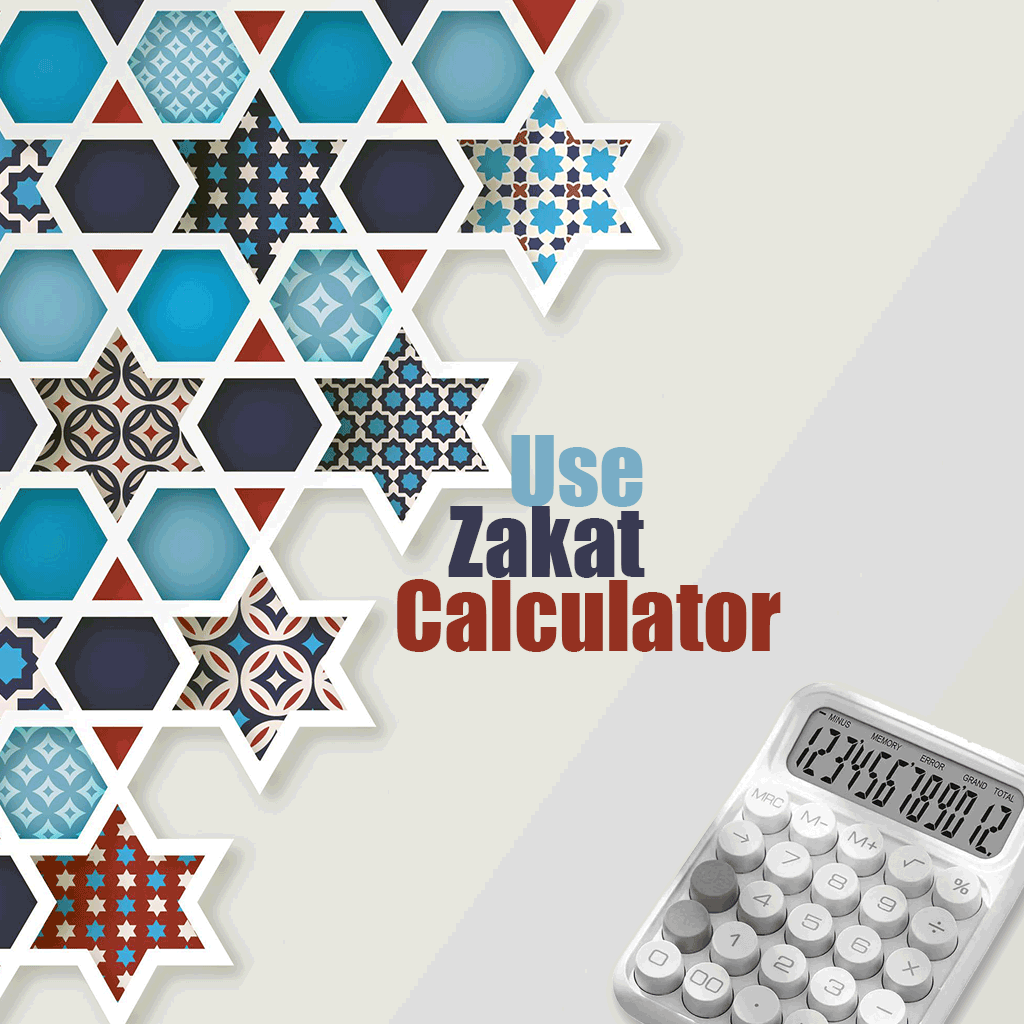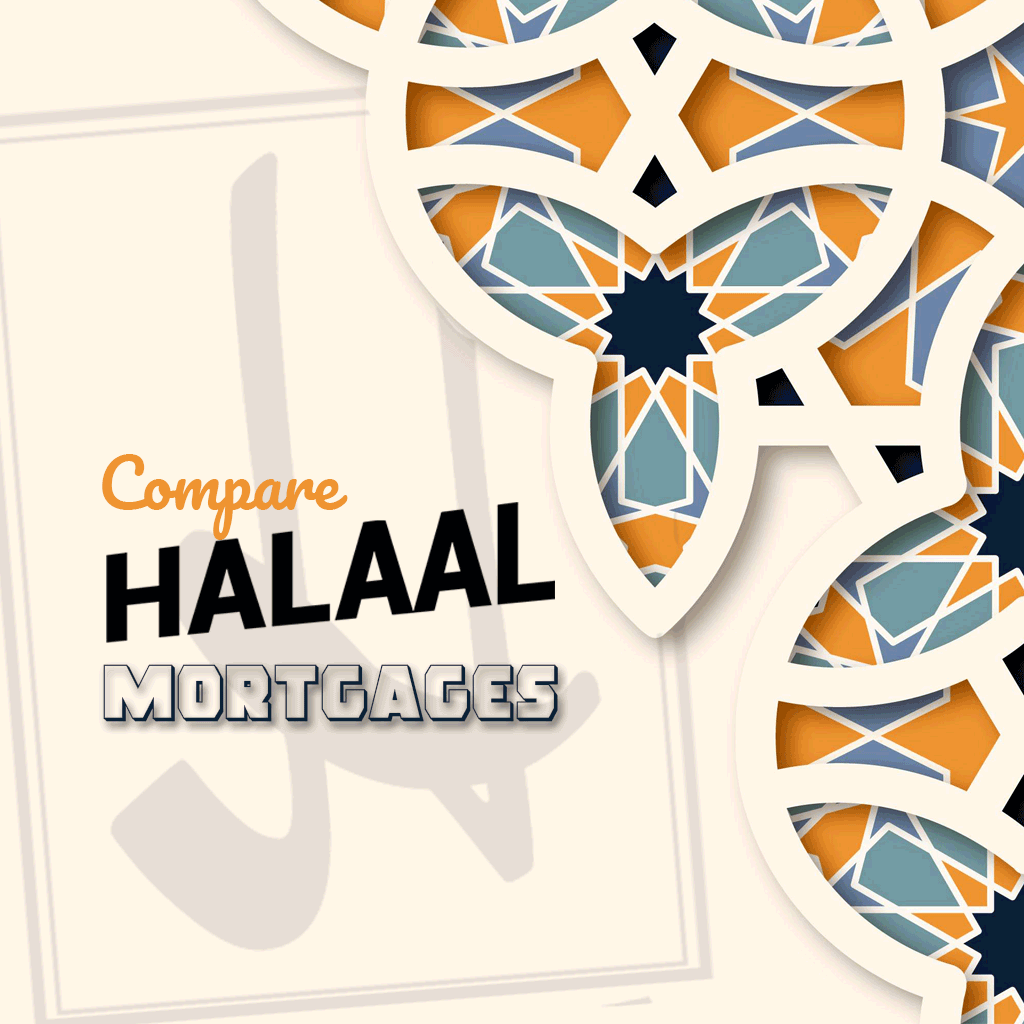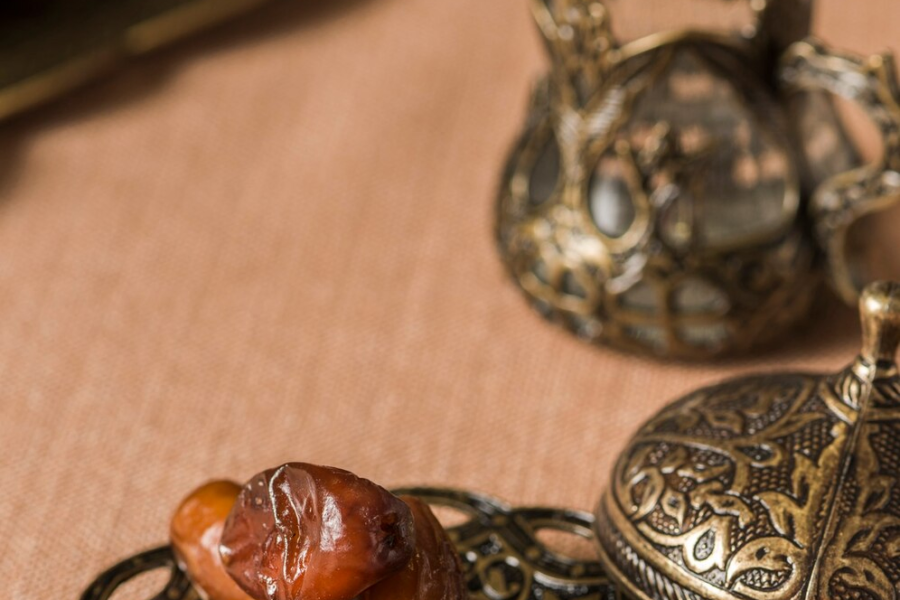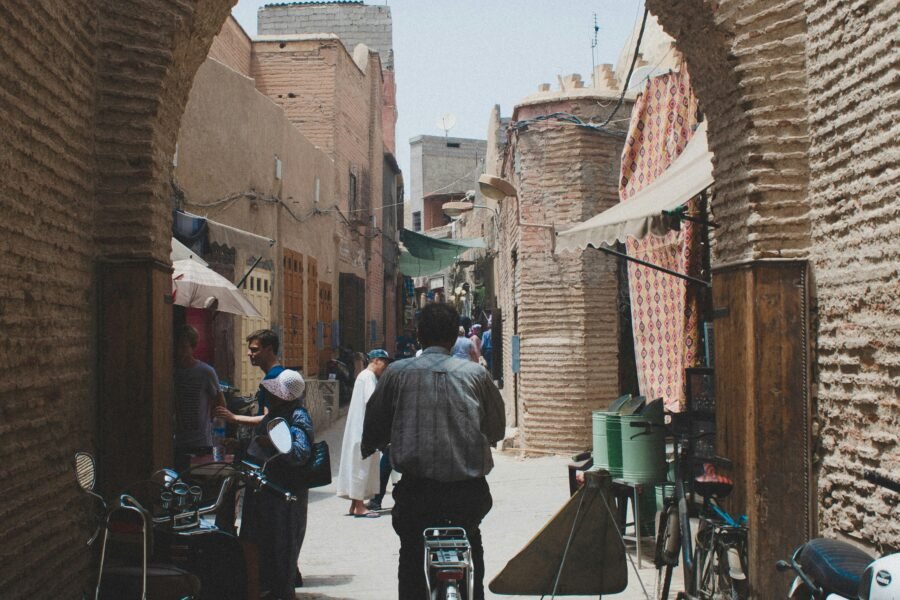Even for lifelong Muslims, Zakat can sometimes feel complicated. From pensions and debts to gold jewellery and student loans, everyone has unique financial situations – and Islamic rulings are designed to guide us with fairness.
Here are the most common Zakat questions answered clearly and simply.
Whoever gives charity equal to a date from honest earnings – for Allah only accepts what is pure – Allah will accept it with His Right Hand and will nurture it for him as one of you nurtures his colt, until it becomes like a mountain.
(Sahih al-Bukhari, 1410)
Zakat & Personal Circumstances
Do I still pay Zakat if I’m in debt?
Yes – but you can deduct debts that are due in the short term. For example, if you owe rent or bills next week, subtract them from your total before calculating Zakat. Long-term loans like mortgages are not fully deductible.
Do children need to pay Zakat?
Some scholars say yes – if they own wealth above the Nisab threshold, their guardian should pay on their behalf. Others say Zakat is only for adults. Best to ask your local imam for guidance.
Do students pay Zakat?
If a student has savings above the Nisab and holds them for a lunar year, Zakat is due. Student loans do not cancel this unless the loan is being actively used and creates real hardship.
Do I pay Zakat on my pension?
If your pension is locked and inaccessible, no Zakat is due. Once you can withdraw it, or if you have control over investment decisions (like a SIPP or ISA), then yes, Zakat may apply.
Is Zakat due on a business loan I’ve taken?
You can deduct any payments due within the next 12 months. The rest is not counted against your Zakat obligation.

Zakat & Property
Is Zakat due on my home or car?
No. Zakat is not due on personal items like your house, car, furniture, clothes, or kitchen appliances – as long as they’re for personal use.
What about rental properties?
You don’t pay Zakat on the value of the property itself. You only pay on the income you’ve saved from it at the time of your Zakat date.
Zakat & Gold, Silver, and Jewellery
Do I have to pay Zakat on gold I wear regularly?
Yes. Islam requires Zakat on all gold and silver, whether worn or stored. This includes bangles, rings, and necklaces. Use the current market value when calculating.
What if I only have a small amount of jewellery?
If the value of your jewellery alone takes you above the Nisab, Zakat is due. If it doesn’t, but your other assets do, then include it in your total.
Zakat Distribution
Can I give Zakat to my family?
You can give Zakat to relatives if:
- They are eligible (poor, needy, in debt, etc.)
- They are not people you are already responsible for (like your children, spouse, or parents)
Giving Zakat to an eligible sibling, aunt, cousin, or distant relative is allowed and encouraged.
Can I give Zakat to a charity?
Yes – as long as the charity distributes Zakat properly to eligible recipients. Make sure to specify that your donation is Zakat.
Can I give Zakat to non-Muslims?
Most scholars say no – Zakat is reserved for Muslims. For non-Muslims in need, give Sadaqah instead.
Paying and Timing
Can I pay Zakat in instalments?
Yes. You can split your Zakat over the year, but the full amount must be paid by your Zakat due date. Keep a record to stay on track.
Can I pay Zakat early?
Yes. You can pay your Zakat in advance, especially if you want to take advantage of Ramadan’s reward. Just make sure to top up if your wealth increases by your due date.
Can I delay paying Zakat?
Zakat should be paid as soon as possible once it becomes due. Delaying without a valid reason is discouraged.
Missed or Forgotten Zakat
What if I missed Zakat in previous years?
You must still pay it. Estimate the amount for each missed year as best as you can and pay it as soon as possible. Zakat does not expire.
Can I just give extra Sadaqah instead?
Sadaqah does not replace missed Zakat. Zakat is an obligation, not a choice. However, extra Sadaqah can increase your reward and help those in need.
Other Questions
Is there Zakat on crypto or NFTs?
Yes – if their value is above the Nisab and you’re holding them as an asset or investment. Zakat is due on the market value at your Zakat date.
What if I can’t afford to pay Zakat all at once?
If you qualify to pay Zakat but can’t afford a lump sum, break it into monthly payments — just make sure the full amount is paid by your due date. If you genuinely don’t meet the Nisab, you’re not required to pay at all.











Sign up